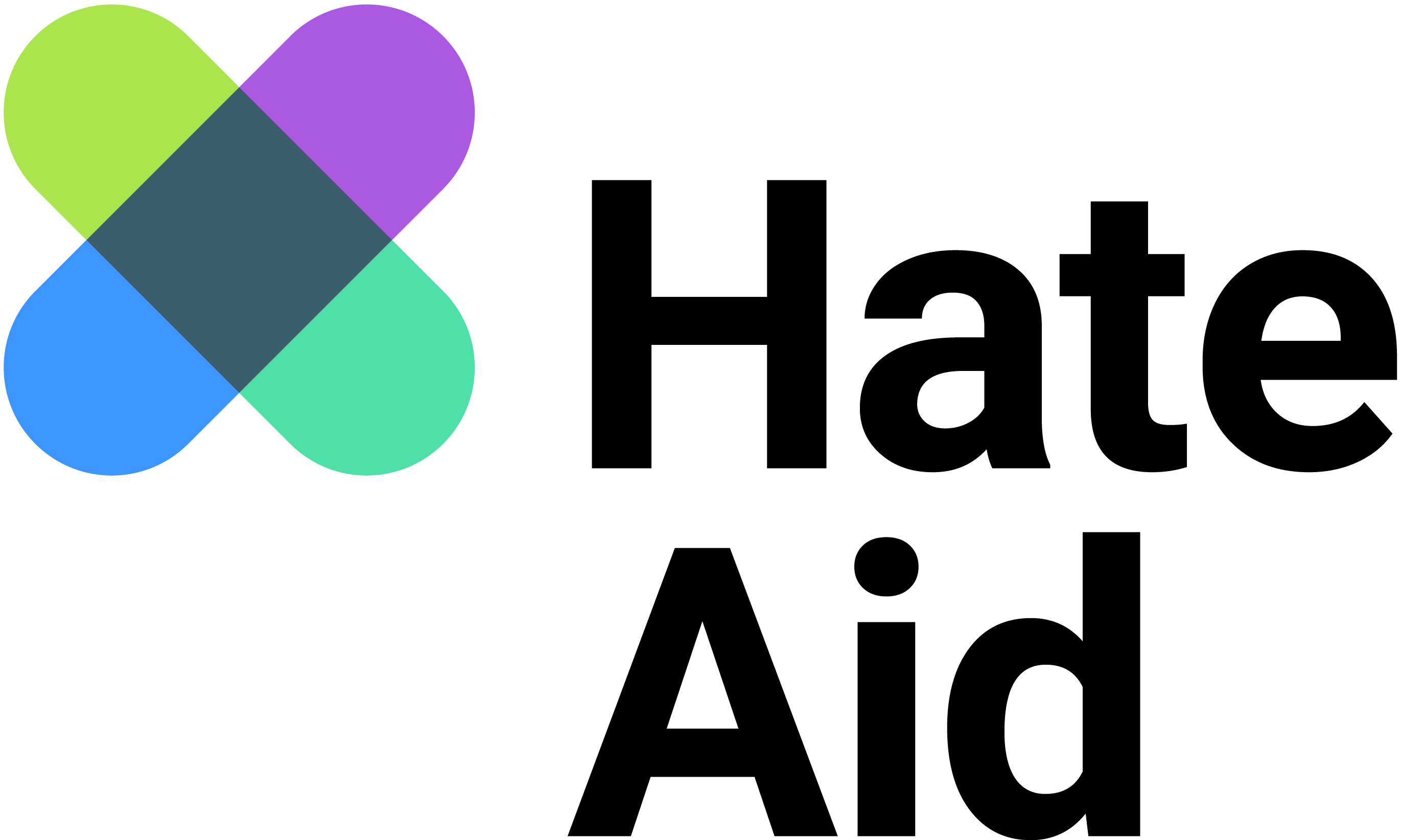HateAid works.
Our political demands
We want the web to become a space where people can exchange ideas and disagree on different issues. What we do not accept, however, is that the rule of the strongest applies here. That those who shout the loudest, those who slander, threaten and defame are in the end the ones whose voices remain because they have displaced all others. There must be room for all our voices on the web, and to that end, we want to strengthen the rights of those who otherwise would have no voice.
Our goals
Every day we support those affected by hate on the internet. But to achieve fundamental change, we are talking to politicians, law enforcement agencies and civil society. In doing so, we demand:
Recognition of digital violence as violence
Digital violence is still unjustly trivialised by society and by institutions. This is even though the effects on those affected are considerable. Two-thirds of affected persons report negative effects – ranging from emotional stress to depression. We therefore demand that digital violence be socially and legally recognised for what it is: violence against people. This requires not only a societal rethink, but also concrete measures to be taken by the platforms, the judiciary and the legislature.
State recognition of the particular seriousness of insults on the internet
The German Criminal Code came into force in 1871 and thus dates from a time when the internet was still a thing of the future. This is reflected in many places – for example, in the criminal offence of insult. The special circumstances of the internet – its reach, speed and permanence – are hardly considered here. As a result, cases are often dropped, and the seriousness of the offences is misjudged. Therefore, we call for a reform of these regulations in such a way that they take account of the digital reality.
Better protection for victims of digital violence
Victims of digital violence need support. This requires a nationwide network of specialised counselling centres and trained and sensitised police authorities that take victims seriously and do not turn them away.
Easier prosecution of perpetrators of digital violence
Until recently, there was little awareness on the part of law enforcement agencies and legislators that not only deleting illegal content but also prosecuting the perpetrators is important in combating hate speech online. All too often, this fails due to public prosecutors’ offices and the platforms’ unwillingness to cooperate. Legislation is needed here: platforms must be obliged to cooperate, and public prosecutors must be made aware of the relevance of digital violence.
Acceptance of the internet as a place where laws apply
The internet is a lawless space – the internet community has long been making fun of this phrase. From our experience, we can say that the internet is at least a law enforcement-free space. Many users are completely unaware that many statements made on the internet are punishable by law and don’t have to be accepted. This ignorance is reinforced by the fact that even the investigating authorities do not attach great importance to the issue. To combat hate speech on the internet in a meaningful way, this must change.
An internet where everyone feels safe
We are convinced that freedom of expression is a great good. However, it also has its limits – pointing out these limits is important so that ALL participants can express their opinions free from fear of hate and incitement. This is what we are committed to. Hierfür setzen wir uns ein.
You can find our consultation on digital violence against women and girls, which we submitted to the Council of Europe, linked here
Do you want to contact us?
We welcome questions, comments or invitations to debates, hearings and talks via our contact form or by email to kontakt@hateaid.org.
Error: Contact form not found.


